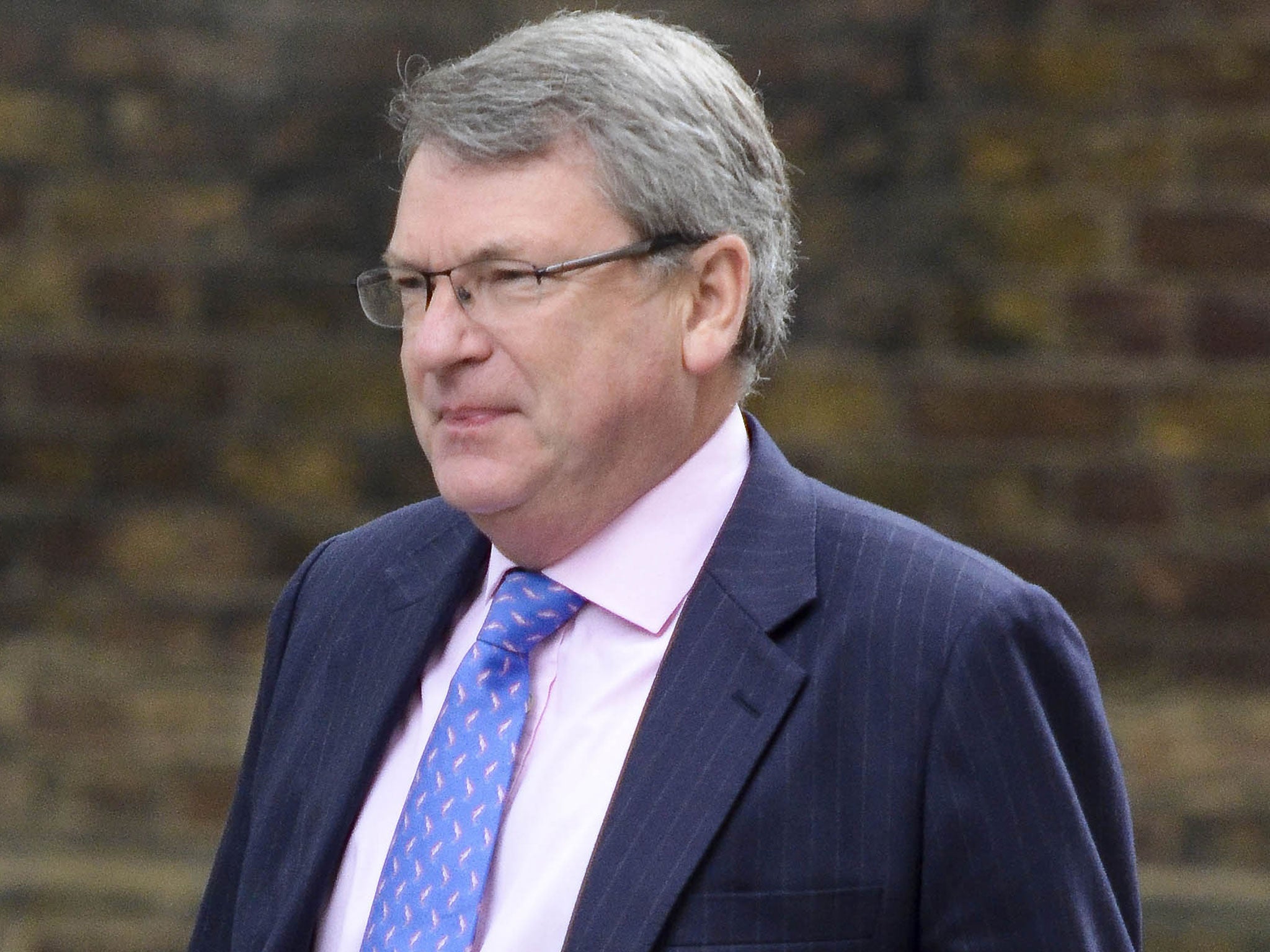Labour to give jobs watchdog more teeth
Greater limits are needed on former ministers and advisers joining private firms, say MPs

Labour is planning to attempt a radical shake-up of the "toothless watchdog" charged with vetting the lucrative jobs offered to former ministers and civil servants, after it emerged that the body has never blocked anyone from taking up a new post.
The Shadow Cabinet Office minister Jon Trickett said the Advisory Committee on Business Appointments (ACoBA) must be given greater powers to prevent damaging conflicts of interest when politicians and mandarins take their knowledge and contacts into the private sector.
Amid growing concerns over the level of influence wielded over the Government by private firms, Labour will try to amend the Lobbying Bill to enforce greater scrutiny over the "revolving door" between Whitehall and business. The Independent on Sunday has further established that even the Prime Minister's most trusted advisers are not considered senior enough to have to go before the watchdog after they leave the public sector.
In the most recent controversy, David Cameron's election strategist Lynton Crosby was accused of a conflict of interest after it was revealed that his company acted for the Phillip Morris tobacco group. Mr Cameron recently announced the Government would shelve plans to adopt plain cigarette packaging. Mr Crosby denied any conflict. The packaging claims followed a series of "cash-for-influence" allegations.
ACoBA was embroiled in a political row earlier this year after it approved a former chief taxman's new job with a company advising firms on how to avoid paying tax. Dave Hartnett moved to Deloitte, which advises companies including Starbucks and Vodafone, 10 months after leaving HM Revenue & Customs. These cases have intensified calls for action.
ACoBA, dominated by peers and former mandarins, has been condemned for allowing too many ex-ministers and civil servants to take up new jobs in the private sector within weeks of leaving office – and often with companies they dealt with while in government.
Mr Trickett said last night: "The stories we have seen recently about the extent of lobbying at Westminster underline the need for strict controls over what former public servants do with their inside knowledge once they leave office. But I do not know of a single instance where ACoBA has blocked anyone from taking up a job.
"The committee looks like an arm of the Establishment, when it should come from a wider pool. We are committed to strengthening ACoBA's remit and to toughening up its enforcement capability, and we will try to amend the Lobbying Bill to get the changes through as soon as possible."
Robert Barrington, of the pressure group Transparency International UK, said ACoBA should be replaced by "a new statutory body with sufficient resources and powers to regulate the post-public employment of former ministers and crown servants".
Last year, a report from MPs complained that ACoBA was too "elitist" and "lacks adequate powers and resources, and its membership is not in keeping with its role". The Public Administration Select Committee also complained: "The current Business Appointment Rules system, as administered by ACoBA... needs to be reformed."
ACoBA has rarely raised issue with any job offer put before it for approval, and limited its sanctions to a brief "quarantine period" before the candidate takes up the position – or a temporary ban on them dealing directly with former colleagues in government on behalf of their new employer. The decisions are invariably rubber-stamped by the Prime Minister.
In the past year alone, the committee has approved almost 60 new jobs for former ministers. The IoS revealed earlier this year that George Osborne's father-in-law, Lord Howell, was being paid by a Japanese high-speed rail firm with commercial interests in the UK at the same time as having top-level access to the Foreign Office as William Hague's personal adviser.
It has also emerged that officials in the No 10 policy unit do not have to see their subsequent employment cleared by ACoBA. Recent policy unit leavers Richard Freer, No 10's defence expert named in the WikiLeaks files, and Ben Moxham, one of the architects of the Energy Bill, are not subject to the process.
The committee clashed with Tony Blair a decade ago, when the then-PM attempted to relax the rules preventing former ministers and top civil servants walking into lucrative jobs in the private sector immediately after leaving office.
In 2010, ACoBA revealed that Mr Blair had secured lucrative work with an oil company that had extensive interests in Iraq. Mr Blair was reported to have tried to convince ACoBA to keep the deal private.
Subscribe to Independent Premium to bookmark this article
Want to bookmark your favourite articles and stories to read or reference later? Start your Independent Premium subscription today.

Join our commenting forum
Join thought-provoking conversations, follow other Independent readers and see their replies